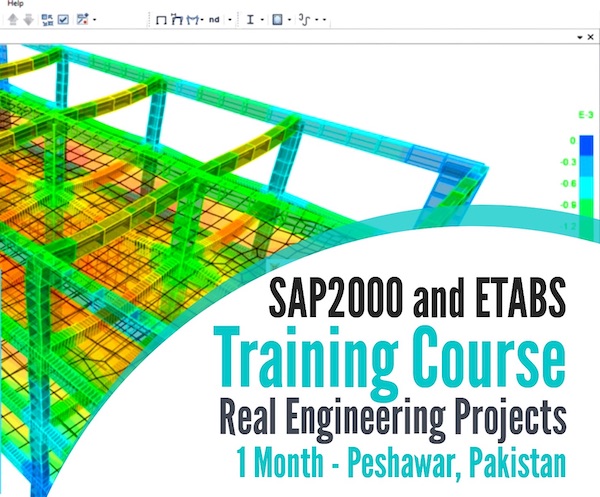Project Management Tailoring Based on Context

Project management tailoring refers to the process of customizing project management methodologies, processes, and tools to suit the specific needs and characteristics of a project. Every project is unique and requires a tailored approach to achieve successful outcomes. Here's an in-depth exploration of this topic:
Methods:
- Assessing Project Characteristics: The first step is to analyze the project's size, complexity, scope, risks, stakeholders, and other relevant factors. This assessment helps in understanding the project's context and determining the appropriate project management approach.
- Selecting Project Management Methodologies: Based on the project characteristics, project managers can choose from various project management methodologies such as Waterfall, Agile, Scrum, Lean, or a hybrid approach. The selected methodology should align with the project's requirements and constraints.
- Adapting Processes and Tools: Once the methodology is selected, project managers tailor the project management processes, templates, and tools to fit the specific needs of the project. This may involve modifying planning techniques, communication channels, or risk management strategies.
Types:
- Traditional Project Management: This approach, commonly associated with the Waterfall methodology, follows a sequential, phased approach with distinct project stages and a focus on upfront planning and documentation.
- Agile Project Management: Agile methodologies, such as Scrum or Kanban, are iterative and incremental. They emphasize flexibility, collaboration, and adaptive planning to respond to changing project requirements.
- Hybrid Project Management: Hybrid approaches combine elements of both traditional and agile methodologies. This allows project managers to leverage the strengths of each approach based on the project's specific characteristics.
Advantages:
- Improved alignment of project management practices with project needs.
- Increased project success rates by tailoring methodologies to project requirements.
- Enhanced flexibility and adaptability to changing project conditions.
- Better utilization of resources and reduced project management overhead.
- Increased stakeholder satisfaction through customized approaches.
Disadvantages:
- Complexity in selecting the most appropriate approach for a specific project.
- Increased effort and time required for tailoring project management processes and tools.
- Potential resistance or lack of familiarity with customized approaches among project team members.
- Challenges in integrating and coordinating different project management methodologies in hybrid approaches.
Applications:
Project management tailoring is applicable to projects across industries and sectors. It is particularly valuable for complex and unique projects with specific constraints or requirements, such as software development, product launches, infrastructure projects, or research initiatives.
Example:
Suppose a software development project involves developing a mobile application. The project manager assesses the project's characteristics, including rapidly changing requirements and the need for continuous feedback and iterations. Based on this analysis, an Agile methodology like Scrum is selected. The project management processes are tailored accordingly, with frequent sprints, daily stand-up meetings, and close collaboration between the development team and stakeholders. This tailored approach ensures flexibility, quick feedback loops, and rapid delivery of incremental features.
References:
- Project Management Institute. (2017). A Guide to the Project Management Body of Knowledge (PMBOK® Guide) - Sixth Edition. Project Management Institute.
- Highsmith, J. (2009). Agile Project Management: Creating Innovative Products. Addison-Wesley Professional.









